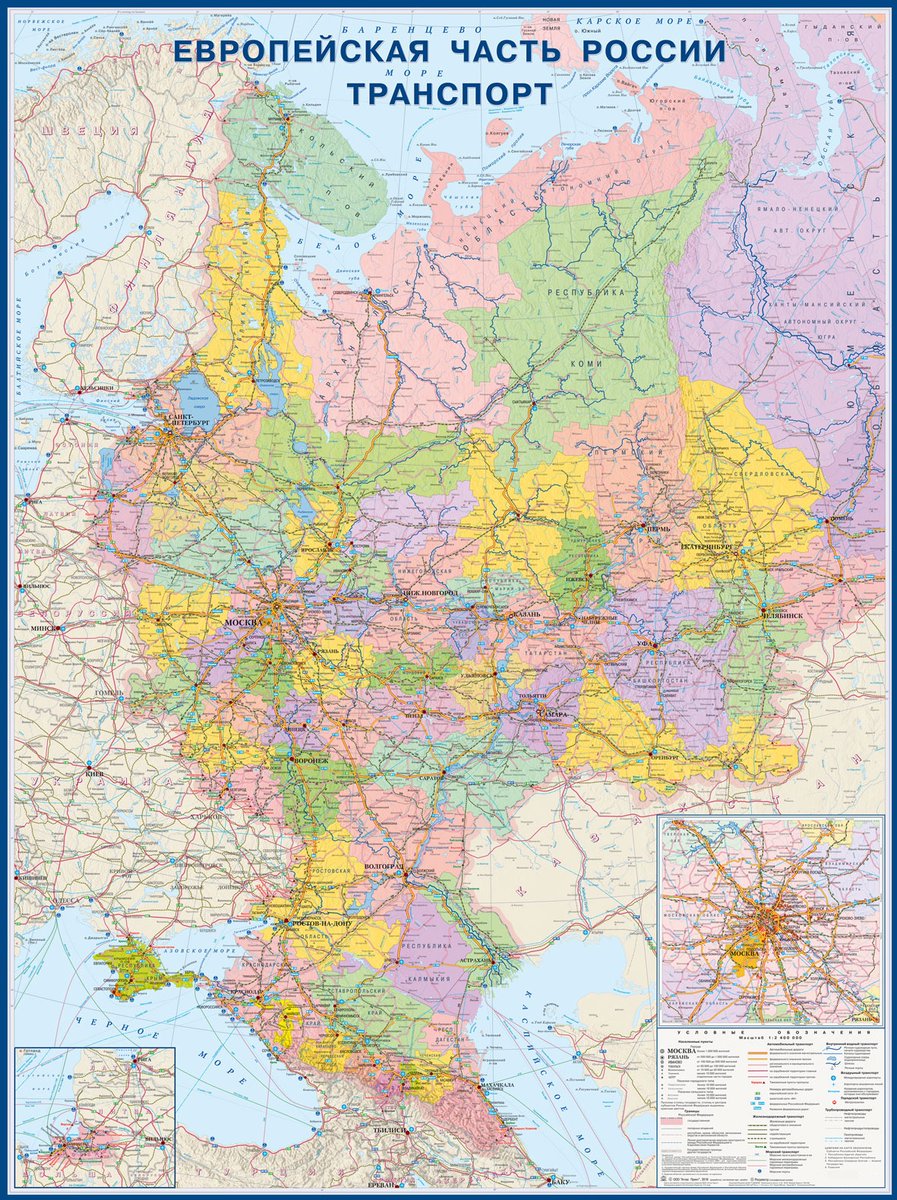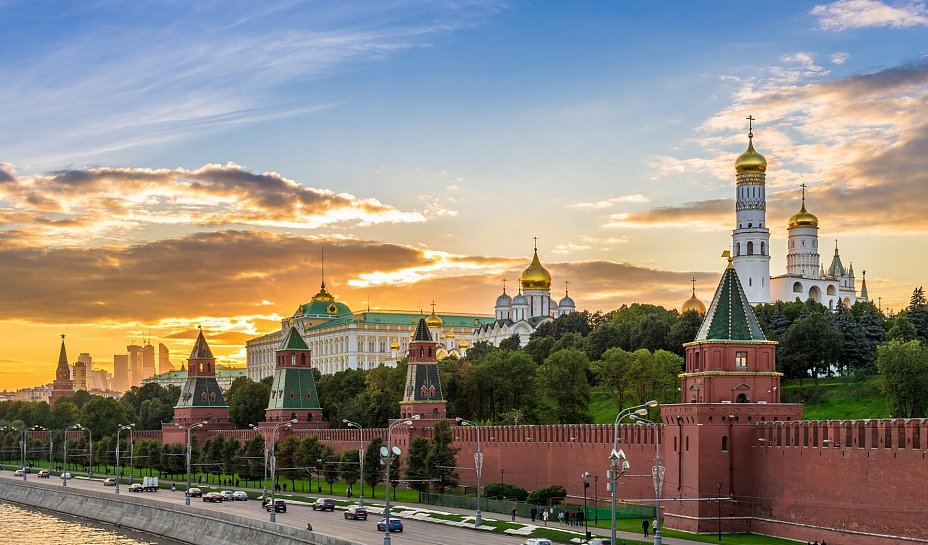Regarding mobilisation, Putin can declare it, indeed. But it will be a risky decision. The USSR maintained a massive infrastructure for the total mobilisation which has been mostly dismantled in post-Soviet Russia. Mobilisation is more likely to trigger political chaos
short🧵
short🧵
Imagine, the government declared a total mobilisation and millions of young males are drafted into the army. What next? Now you need to:
1) test & allocate them (who goes where)
2) train & arm them
3) quarter & feed them
4) place them under the capable officers and NCOs
1) test & allocate them (who goes where)
2) train & arm them
3) quarter & feed them
4) place them under the capable officers and NCOs
In order to execute 1-4 in case of the war, you need to maintain massive *excessive* capacities in the peace time. And the Soviet Union, did. One reason why Soviet army was so horribly excessive is that it maintained enormous excessive capacities just in case of mobilisation
Soviet army maintained lots of excessive training schools and centres, training grounds, rooms to quarter the soldiers, excessive arsenals and storages of well, everything. *Way* more than it would ever need in the peace time. That was for the total mobilisation
Moreover, Soviet army maintained plenty of "incomplete" military units - just in case. These were military bases with all the infrastructure & weaponry, lots of officers and NCOs and very, very few soldiers. These units could not and were not supposed to fight in the normal time
Incomplete units were maintained for one single purpose. When the USSR launches total mobilisation and drafts millions into the army, these units gonna absorb them. Excessive officers gonna get tons of soldiers under their command. And incomplete units gonna become full ones
In other words, much of the Soviet army wasn't and couldn't be functional in the peace time. These were not the functional units, but the *frames* of military units that would be filled with the human meat only in the case of total mobilisation . That was their only purpose
For many decades the USSR maintained all the infrastructure for the total mobilisation, but never launched it. That was horribly expensive. Soviet Union made every effort to maintain its overblown military, but after its fall Russian military expenditures collapsed 

In the first half of the 1990s military establishment refused to accept the new reality and demanded to fund the army on nearly Soviet level (impossible). In reality the chronically underfunded army lost its capacities. In 1991-1996 Russia went through de facto demilitarisation
I would say that the turning point came around 1997. Consider the military industry. Around 1997 the official narrative of "conversion" (= produce civilian goods and pay your own bills) changed to the narrative of "survival" (= which military plants have actually survived?)
I think this was largely a result of the Chechen wars. Sometimes around 1996-1997 Kremlin took a decision to stop the de facto demilitarisation and try to maximise its military capacities with those minimal resources they had. So they appointed Sergeyev as a minister of defense 

Generalising a bit, I would say that the concept of Sergeyev was:
1) build as strong Strategic Rocket Forces as we can
2) maintain a small expeditionary contingent for the foreign wars
That's it, in theory. In reality around 1997 he had money just for (1), but not for (2)
1) build as strong Strategic Rocket Forces as we can
2) maintain a small expeditionary contingent for the foreign wars
That's it, in theory. In reality around 1997 he had money just for (1), but not for (2)
Still, the eidos of the new Russian army worked out in Sergeyev's era was:
1) Very strong "Rockets" arm (high priority)
2) Not so strong "Land army" army (low priority)
In reality we just need to be able to launch a limited foreign expedition, that's it
1) Very strong "Rockets" arm (high priority)
2) Not so strong "Land army" army (low priority)
In reality we just need to be able to launch a limited foreign expedition, that's it

Sergeyev was too busy building (1). Plus his resources were limited. So it was only Serdyukov who actually started building (2) - a strong expeditionary corpus style land army. Modern, functional but limited in size
PS We're lucky Putin fired this guy and purged his team
PS We're lucky Putin fired this guy and purged his team

In other words, the post-1997 eidos of the Russian army amounted to:
1) Strong Strategic Rocket forces
2) Strong expeditionary corpus, limited in size
There was no place for the Soviet style total mobilisation army in this paradigm. New paradigm excluded possibility of mobilisa
1) Strong Strategic Rocket forces
2) Strong expeditionary corpus, limited in size
There was no place for the Soviet style total mobilisation army in this paradigm. New paradigm excluded possibility of mobilisa
New Russian leadership de facto abandoned any plans of total mobilisation. Don't get me wrong, it wasn't about saving human lives. That was about the optimal allocation of financial resources for the most part. If you need to build (1) and (2) you need to cut other expenses
Once Russian military leadership accepted the idea it gonna survive on the very limited budget (1997), they had to accept very economic & accountant style thinking. Efficiency, optimal allocation of resources. Cut the inefficient expenses and invest into something more efficient 

What expenses were the least efficient in their new paradigm? Well, everything associated with the obsolete Soviet paradigm. Everything necessary for the total mobilisation. Excessive infrastructure, excessive units, excessive cadres, that was all inefficient expenses to be cut
That's why Serdyukov is hated so much. Rule of thumb. If someone is universally hated within a professional corporation, that almost always means he is acting agains the corporate interests. Serdyukov was cutting the excessive infrastructure & units, firing people. Hence, hatred 

Dismantling of the infrastructure built for the total mobilisation, firing the officers who were supposed to lead the mobilised, dismantling the "incomplete" army units meant that Russian army lost capacity to absorb the millions of new recruits. It can't do mobilisation anymore
That doesn't mean Putin won't declare mobilisation. That just means it would be really stupid for him to do so. There are no excessive schools and grounds to train of new recruits. There are no excessive longings to quarter them. There are no excessive officers to lead them
Paradoxically enough, it is much harder to conduct a proper mobilisation in the course of the foreign war. First, most of the capable officers who could've trained and led new recruits are in Ukraine. Many of them are dead already
Many cadre units which could have either served as "sponges", absorbing new recruits, or as a source of officers/NCOs for the new units are already destroyed. They could've been promoted into officers in the new levee en masse. If they were not KIA months ago
Which means Putin absolutely can launch a mobilisation. He just won't be able to build a capable army out of this recruits. There is no frame that could absorb this new cannon fodder to form the new, capable military units. Actually there is much less frame now than 7 months ago
Now add to this a logistics problem. Russia is absurdly centralised country. All the airlines, all the autoroutes, and most importantly all the railways are centred in one single hub. The city of Moscow. That is *by far* the most important logistical hub in the country 

Let me give you an example. Consider the warehouse building statistics, 2004-2009. As you see, the lion share of new warehouses are being built in Moscow (red). For logistical reasons, almost all goods in Russia will pass through Moscow and will be store here. Same with soldiers 

Just as trade flows necessarily pass through Moscow and goods are being stored on Moscow warehouses, human flows will be passing here as well. In case of mobilisation, Moscow will be flooded by the mobilised troops. Many of whom gonna be stuck here for long (cuz bad logistics)
In case of mobilisation, there will be:
1) tons of new, unmotivated recruits
2) aware they'll be sent to Ukraine, where they likely die or get maimed
3) stuck in Moscow, in proximity to the seat of power
That's revolutionary situation
1) tons of new, unmotivated recruits
2) aware they'll be sent to Ukraine, where they likely die or get maimed
3) stuck in Moscow, in proximity to the seat of power
That's revolutionary situation

That is btw exactly the scenario of 1917 revolution in Russia. In November 1916 Nicholas started suspecting his ministry for internal affairs Protopopov of disloyalty and started vetting other candidatures. He offered Protopopov's position to Krzhyzhanovsky
Krzhyzhanovsky said yeah, I could be a minister, but I have a condition. There are 460 000 reserve troops quartered in the imperial capital of St Petersburg. These are mobilised peasants, very unmotivated. They know, they'll soon be sent to the WWI trenches, where they die
I want you to:
1. Transfer some of them to the city police with an exemption from the military service
2. Relocate the rest the FUCK OUTTA THE CAPITAL
That's my condition if you want to see me as a minister. Nicholas ignored it. 3 months later the Russian empire fell
1. Transfer some of them to the city police with an exemption from the military service
2. Relocate the rest the FUCK OUTTA THE CAPITAL
That's my condition if you want to see me as a minister. Nicholas ignored it. 3 months later the Russian empire fell
It were not the "workers" or "peasants" who did the February and then the October revolution. It were first and foremost the 460 000 conscripts of the St Petersburg garrison. Who were stuck in the capital cuz logistics and found themselves close to the seat of power. The end 

• • •
Missing some Tweet in this thread? You can try to
force a refresh





